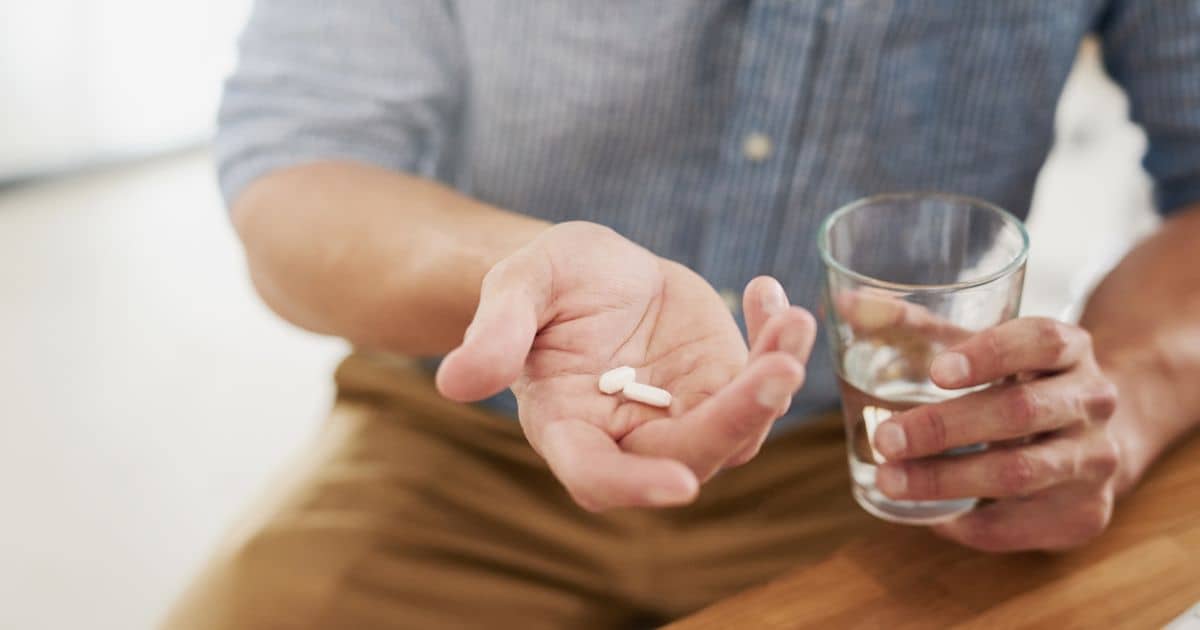Doxy PEP or doxycycline (a well-known antibiotic) has been making headlines lately because of a new STD-related study. The findings are surprising and impressive at the same time. When taken after unprotected intercourse, Doxy PEP reduces the risk of sexually transmitted infections by about two-thirds.
These numbers sound amazing but what is there to know about taking antibiotics in an attempt to prevent sexually transmitted infections? Does Doxy PEP work against all bacterial STDs and in all populations? These important questions need to be answered before the potential treatment is taken a step further.
The Doxy PEP Study
During the 24th International AIDS Conference, the world found out that a doxycycline study among bisexual men and transgender women was discontinued prematurely because of the unexpectedly high efficacy rate.
All of the details on the Doxy PEP study are presented in the following report.
According to presenters at the International AIDS Conference, people given doxycycline after condom-free sex reduce their risk of contracting gonorrhoea, chlamydia or syphilis by 66 per cent.
Originally, the study was supposed to continue until May 2023. It was discontinued about one year prior to the end date because of the positive findings and the data collected by that point in time.
Study participants included 327 people on HIV pre-exposure prophylaxis (PrEP) and 174 HIV-positive individuals. As per the study requirements, all participants needed to have been born male and all of them should have had at least one STD over the course of the last year.
As per the latest study report, the interim findings showed efficacy so high that it negated the need to continue the clinical trial.
Efficacy in HIV-negative participants on PrEP was estimated at 66 per cent. Out of those participants, 61 contracted an STD in comparison to 82 people in the control group (the ratio of doxycycline-taking participants to placebo-taking participants was two to one). Efficacy was slightly lower among HIV-positive individuals – 62 per cent. Still, the number is significant enough to warrant conclusions about the high effectiveness of doxycycline as an STD prevention method.
Doxycycline Limitations
While a medical breakthrough could very much be on the way, there are some significant limitations when it comes to preventing STDs with Doxy PEP.
A second clinical trial was carried out by University of Washington researchers. This time around, they wanted to assess the effectiveness of Doxy PEP among biological women.
The study enrolled 449 female volunteers who were taking a daily dose of HIV PrEP. Over the course of the study, there were 50 cases of a new sexually transmitted infection among the women taking Doxy PEP and 59 new cases among members of the control group. Most of the new STD cases involved chlamydia and researchers concluded there was no significant difference between members of the Doxy PEP group and the control group.
According to the researchers, biological and physiological statistics contribute to the ineffectiveness of doxycycline among women.
Antibiotic resistance is another factor to consider. It could have contributed to very limited doxycycline effectiveness in the prevention of gonorrhoea.
There is more research to be done in order to understand the exact mechanism by which Doxy PEP delivers such excellent results among biological men while failing when taken by women.
What Comes Next
Doxycycline has been chosen for a reason – it is very inexpensive and readily available. These two facts have gotten the scientific community interested and eager to find out more about the antibiotic’s effectiveness.
In the past, doxycycline has been used as a daily dose of prevention against diseases like malaria. There have also been a few small studies that assess the manner in which doxycycline could work as a type of post-exposure prophylaxis.
Additional studies will have to be carried out before Doxy PEP is generally advertised as a form of STD prevention. A few additional concerns will also have to be addressed.
Healthcare professionals worry that the routine administration of an antibiotic could eventually make bacteria more resistant towards the medication. In the long run, Doxy PEP could become less effective because of that phenomenon.
The studies carried out so far show no indication of bacteria developing resistance towards doxycycline. As of now, there is no evidence to suggest that doxycycline could become ineffective in the treatment of chlamydia and syphilis. Currently, the antibiotic isn’t used in the treatment of gonorrhoea, which is why this isn’t a concern.
The fact that new forms of prevention are becoming available doesn’t signify the end of barrier contraception like the condom. In fact, condoms are the most effective form of STD protection. And since they’re not medical products, there is no risk of side effects or complications.
Also, keep in mind that new products like Doxy PEP are only effective in the prevention of bacterial STDs. Viral conditions like HIV, hepatitis and genital herpes are also a significant risk that cannot be underestimated.
If you have questions about prevention and prophylaxis, get in touch with healthcare professionals like the Shim Clinic team. You can pay us a visit during working hours every day of the week or contact Shim Clinic to have your questions answered.

